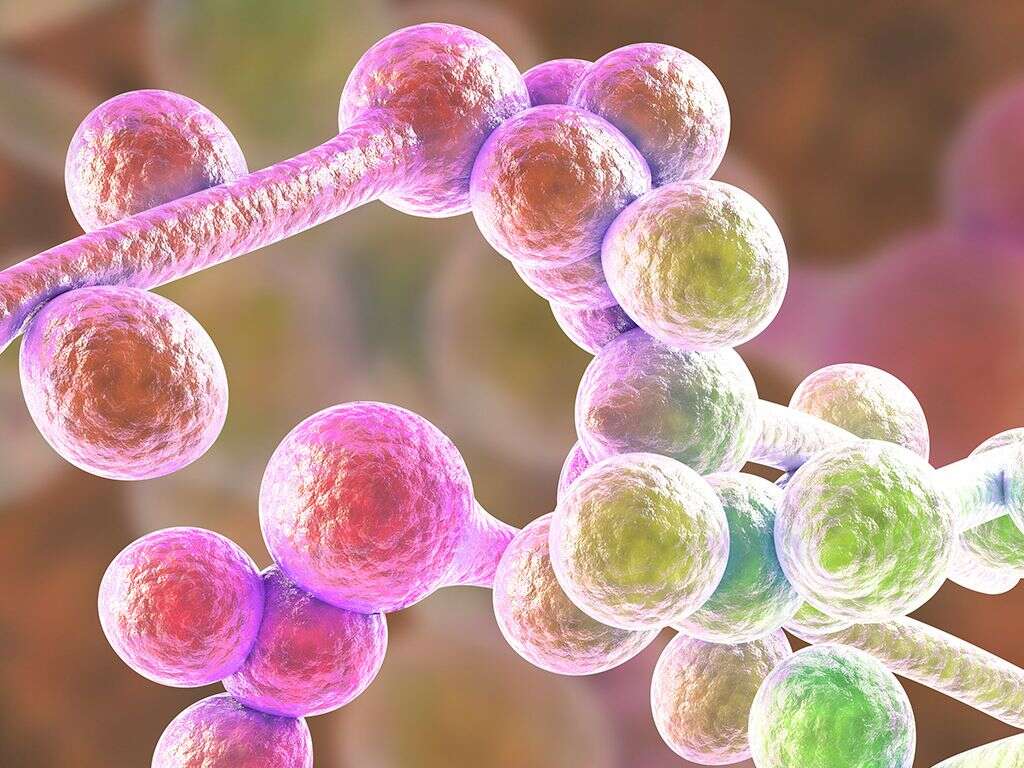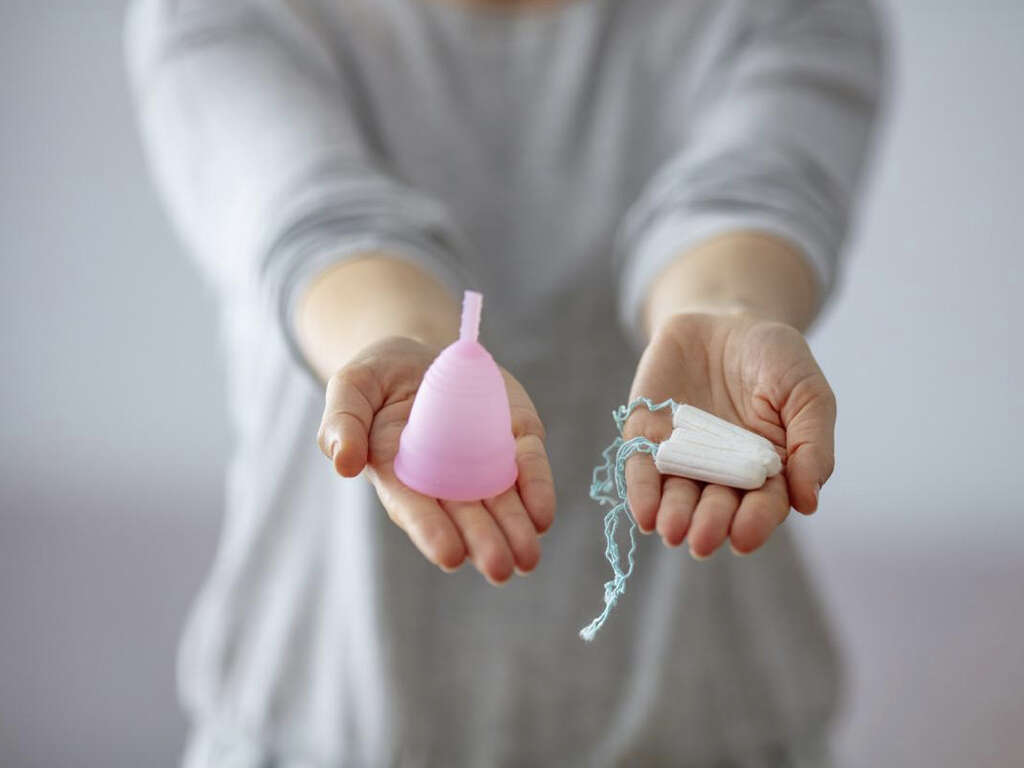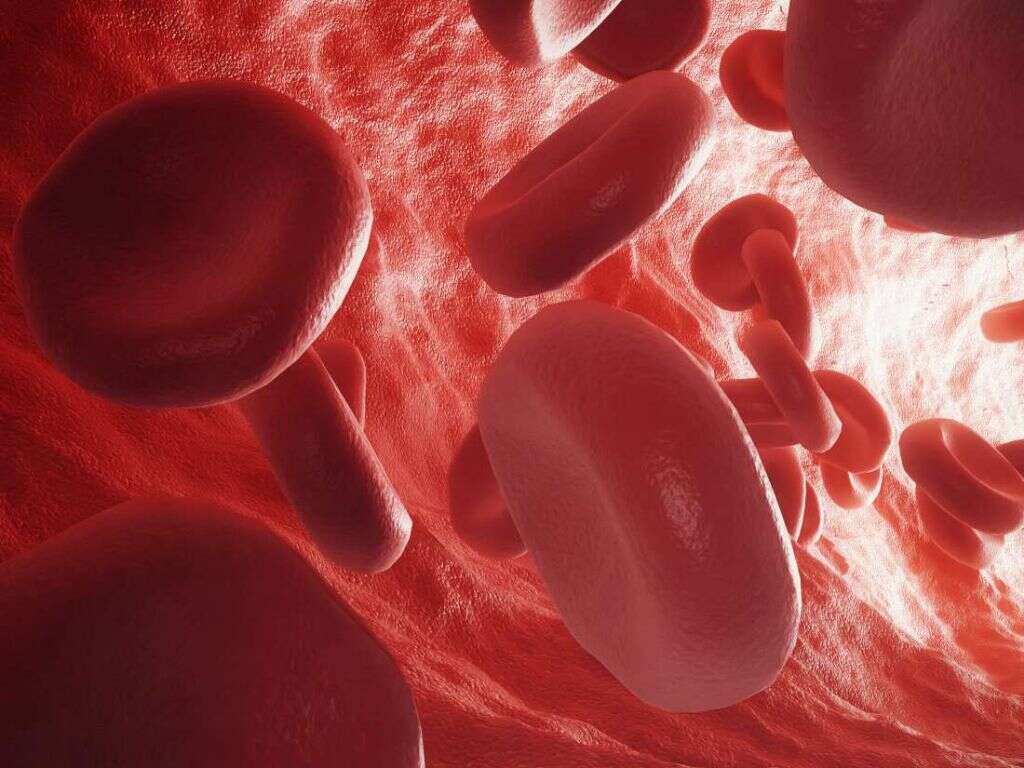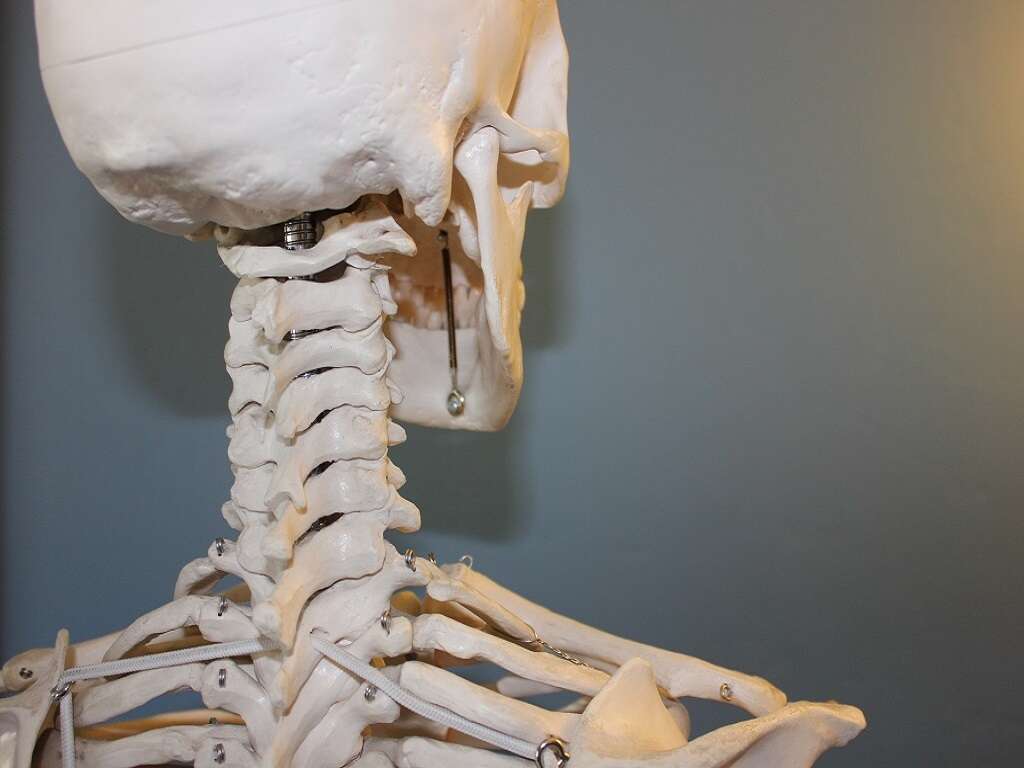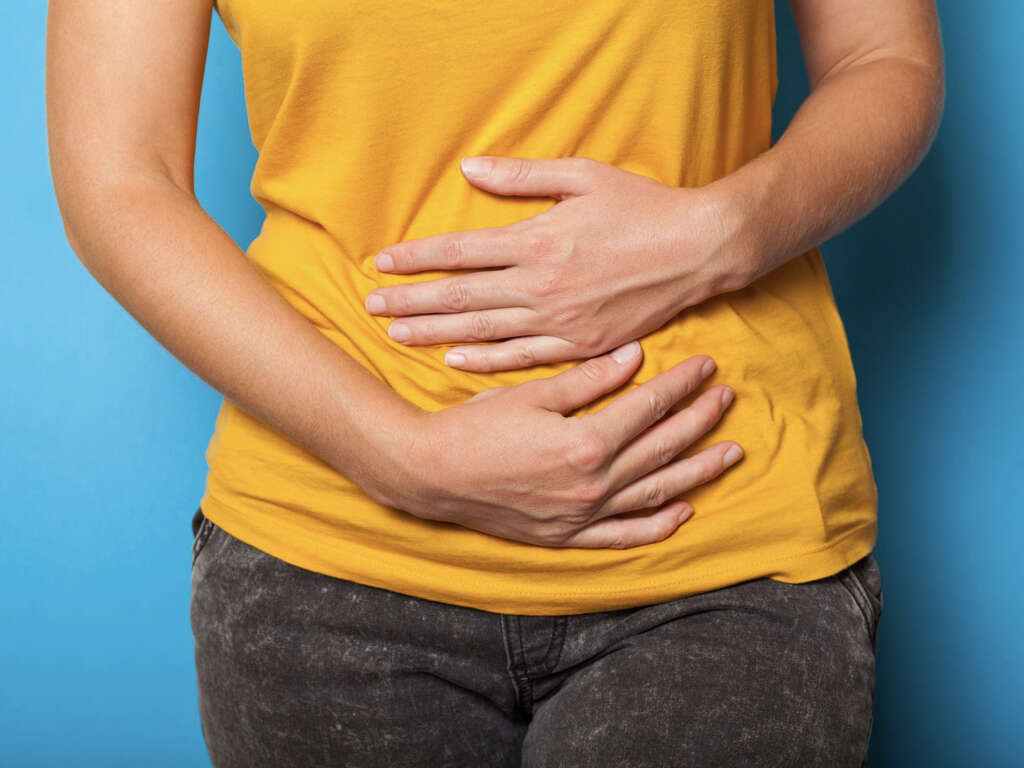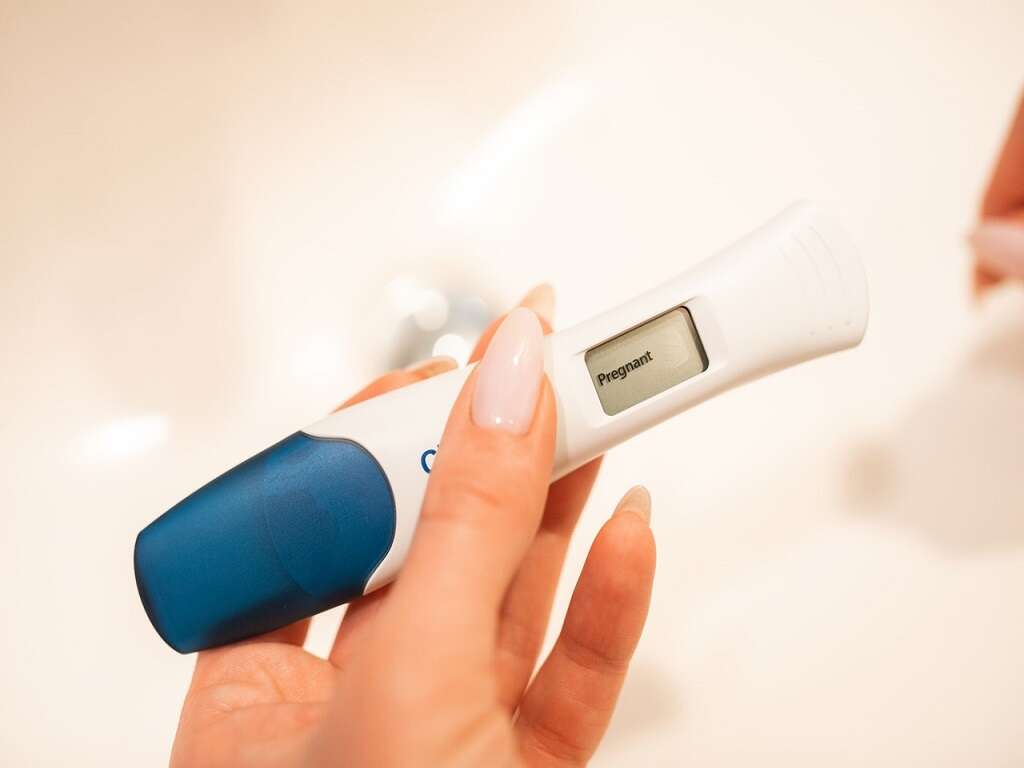10 Symptoms of Fibroids
Fibroids, or uterine fibroids, are abnormal growths that appear in the muscle tissue in the uterus. These fibroids, or tumors, can grow quite big and they can cause severe issues if they are not treated. That said, in other cases (usually with smaller fibroids) many women don’t experience any symptoms at all. Lack of symptoms can make the problem difficult to diagnose and this can be a problem if the fibroids continue to grow.
Fortunately, these little tumors are generally not cancerous. Fibroids are also known as myomas, fibromas, and leiomyomas. Research is not certain as to how these particular tumors develop, but many women—as many as 80%—have developed at least some fibroids by the time that they reach middle age. These are generally small tumors and many women never experience symptoms.
There are different types of fibroids, and the type is largely determined by where exactly the fibroids appear on the uterus. We’re not exactly sure why fibroids develop, but things like hormones, pregnancy, and family history can all influence their growth. In this article we’re going to discuss some of the most common symptoms of fibroids. Once diagnosed, you can decide how you want to get them treated—there are many natural remedies such as yoga and acupuncture that provide relief, and medication and surgery can be helpful in serious cases of fibroids.
Symptom #1: Heavy Bleeding (not during period)
One of the symptoms that signifies that a person has developed fibroids is heavy bleeding. This bleeding occurs in between your periods, so you may think that you’re having an early period.
The bleeding is typically quite heavy, thick, and can include blood clots. The amount of bleeding depends on how many fibroids you have developed, where they are located, and how big they have grown.
Symptom #2: Pain in Lower Back
Uterine fibroids are also known to cause pain. The pain is often focused around the pelvis or the lower back, and can range from moderate to quite severe.
Fibroids that are beginning to degenerate are known for causing much more severe pain. If your pain is becoming significant enough that you’re considering seeking medical attention then it’s quite likely that your fibroids are degenerating.

Symptom #3: Increased Cramping
Another symptom that is quite common for people who are experiencing fibroids is an increase in the amount of cramping that they experience.
There is certainly going to be more cramping during your menstrual period. However, cramps can occur around-the-clock. You may experience excess cramping at any period during your menstrual cycle if you are developing or already have developed fibroids.
Symptom #4: Increased Urination
Since fibroids are known to cause an increase in the need to urinate, you might find yourself going to the bathroom more often. In some serious cases, the fibroids can actually create pressure on the urinary tract, increasing the need to go pee.
However, even people experiencing mild fibroids have been known to feel a heightened need to urinate.
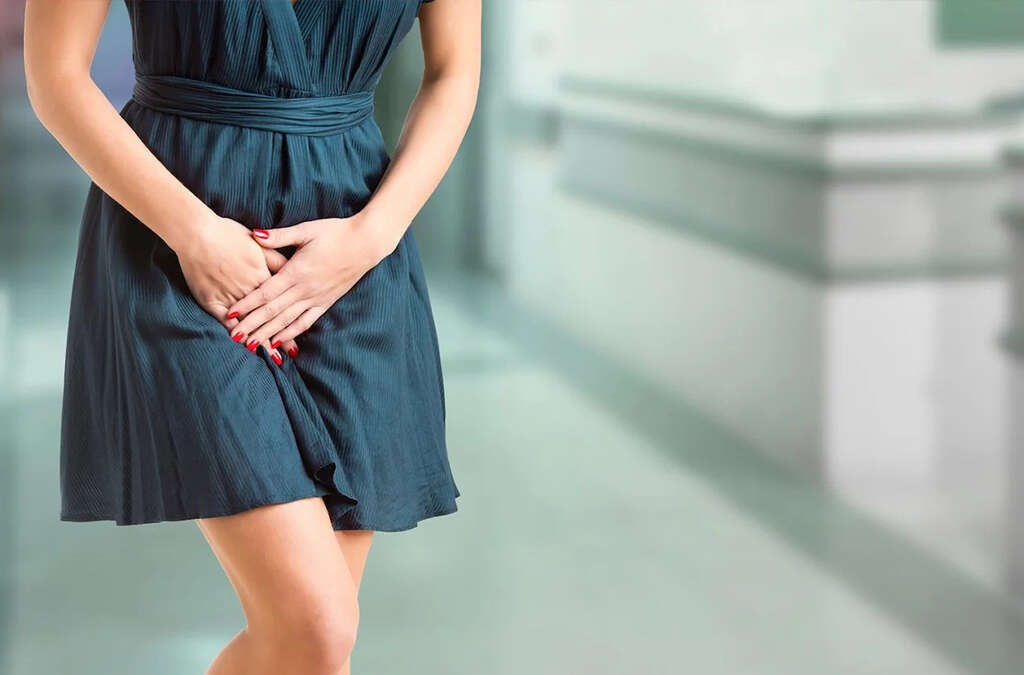
Symptom #5: Pain During Sex
Another unpleasant symptom associated with fibroids is a sensation of pain when you’re having intercourse. This can occur as pressure is applied to the fibroids in your uterus.
This can make having sex significantly less enjoyable, particularly because the pain is internal and in a place that it cannot really be dealt with.
Symptom #6: Pelvic Pressure
As the fibroids grow in size and amount, you will likely experience some degree of pressure in the pelvic region. This can occur as these tumors grow and pressurize the area around themselves.
Alongside this pelvic pressure there is sometimes pain. This can occur together with or separate from the cramping that we have already discussed in the article.
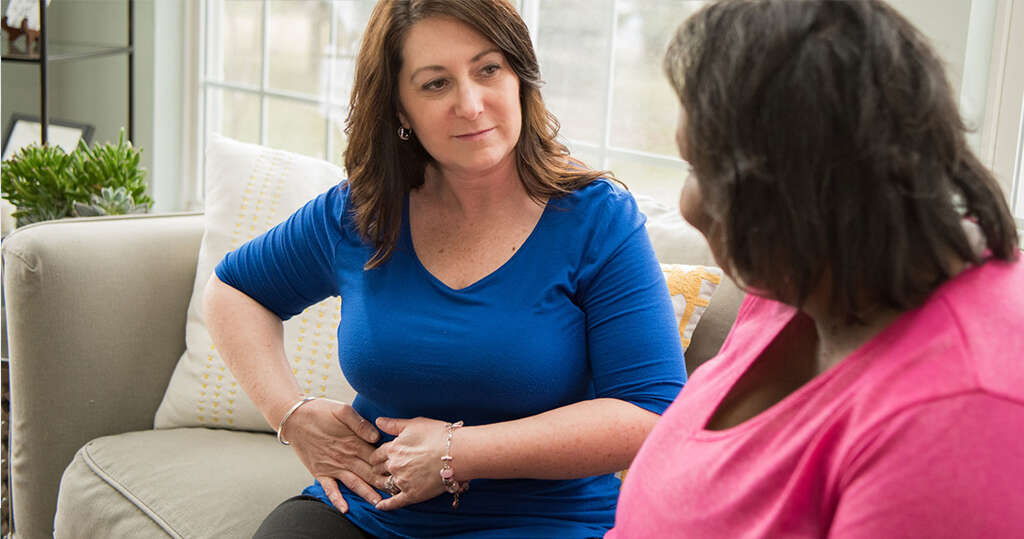
Symptom #7: Constipation
Constipation is another symptom of fibroids, though this symptom is far less common than some of the others that we have discussed and usually only occurs in women who have had fibroids for quite sometime. In these women, the fibroids can grow to become quite large.
If you have a large fibroid toward the back of the uterus, then it can actually cause obstructions or blockages near the rectum, which is where our stool passes through when we go to the bathroom. This can lead to a buildup of stool and the constipation that soon follows.
It’s important to stay hydrated to avoid constipation, as water is absorbed from the stool into the rectum the longer that it sits there. Gentle laxatives can also help to loosen up the stool so it can be passed easier.
Symptom #8: Swelling of the Abdomen
Another symptom that can occur with fibroids is an increase in the size of the abdomen. When fibroids become very large, they can actually create a visible swelling on the abdomen.
The swelling caused by very large fibroids can actually make it very difficult for a woman to get a thorough pelvic exam done, which can make it difficult to identify the size and location of these fibroids. Very large fibroids that have this much of an impact on the abdomen have also been shown to contribute to infertility.
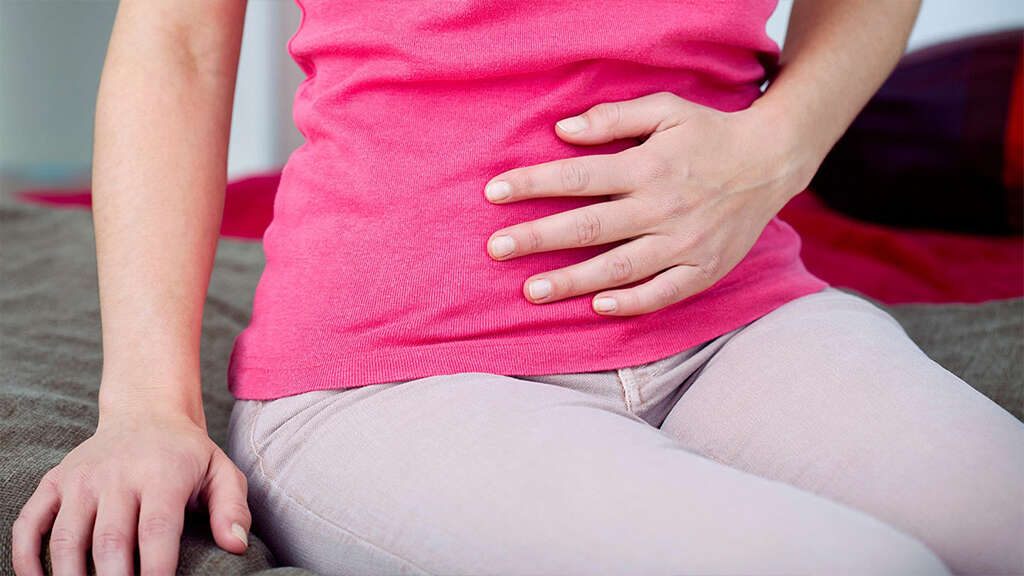
Symptom #9: Longer Periods
We have already mentioned that fibroids can cause irregular bleeding in between the time of your menstrual periods. However, they can also directly cause an increase in the duration of your period.
This is particularly true of fibroids that are actually located in the uterine wall, and those that stick out into the uterine cavity. This causes more total surface area in your uterus. That means that, in turn, there will be more lining that you have to deposit during your period. Not only can this make the period last a bit longer but it can also make the flow quite a bit thicker.
Symptom #10: Infertility
Submucosal fibroids—those that appear in the actual cavity of the uterus—can actually contribute to infertility, particularly if they are quite large.
One of the reasons for this is because the fibroids can actually inhibit the embryo from physically attaching to the wall of the uterus. This means that the embryo won’t be able to absorb nutrients and will be passed during the next menstrual cycle.






